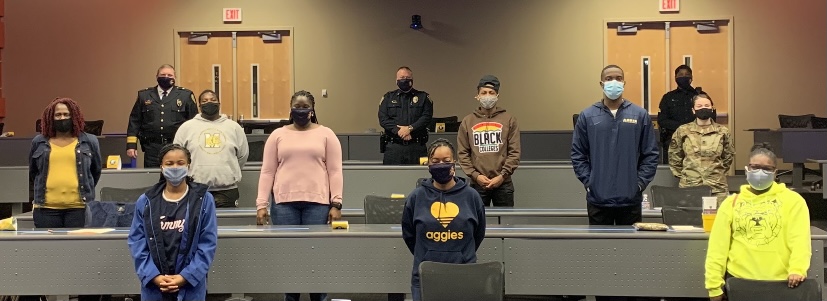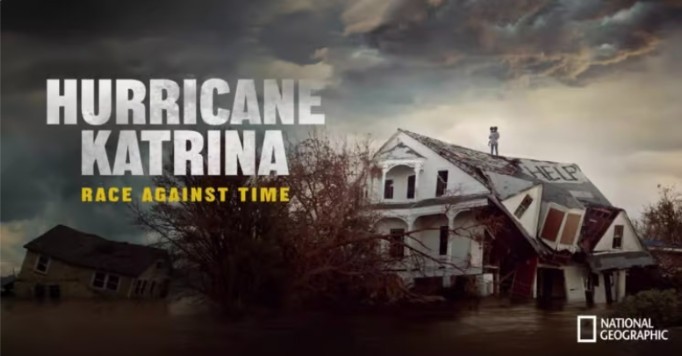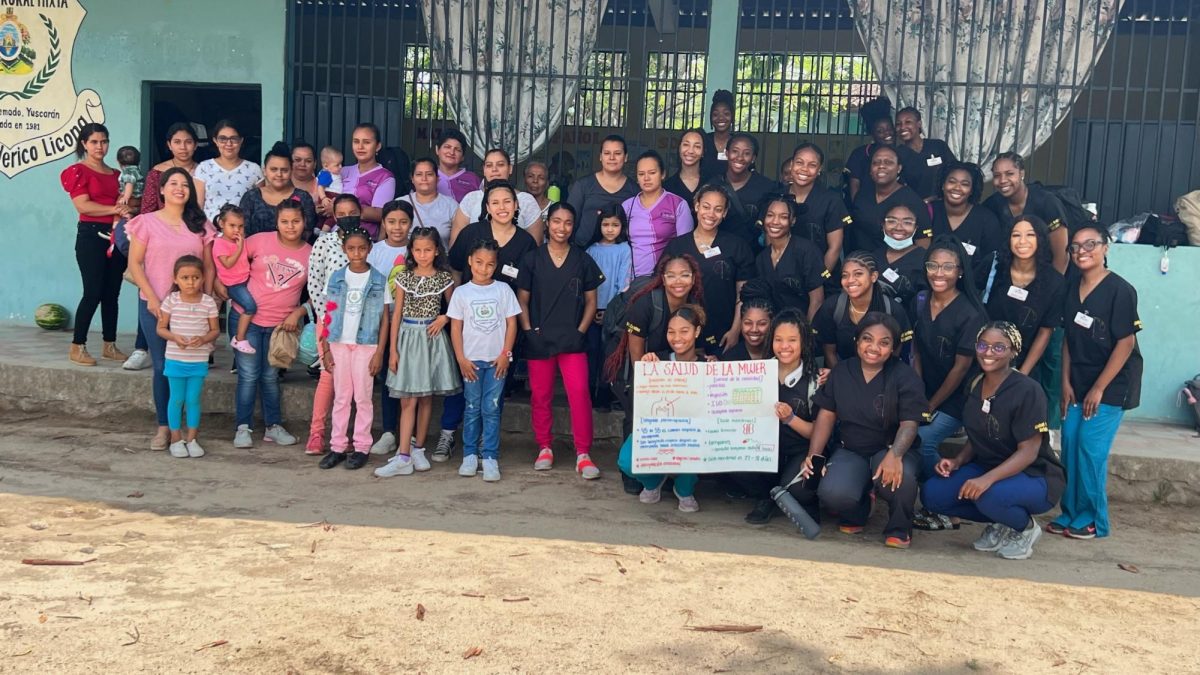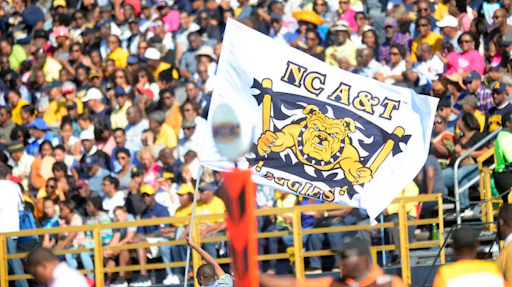North Carolina A&T’s University Police Department (UPD) will be introducing their very own Citizens’ Police Academy and launching on Thursday, Feb.11 continuing through early April.
There will be 11 participants this semester, allowing the academy to have in-person meetings following the state’s COVID-19 guidelines. The program will consist of classroom discussions and hands-on demonstrations.
The Citizens’ Police Academy is being run by Lieutenant Bobby Cuthbertson. He has been with UPD since 2016 and has reached the title of patrol commander where he oversees all the patrol divisions of N.C A&T’s Police Department.
The Student Government Association has also been able to lend a helping hand to the officers for this academy, which is supposed to allow the campus community to get to know the officers working here and to understand what the daily life of a police officer looks like.
“It is not a new idea among law enforcement, but it was something that I had wanted to put on to make sure we have informed citizens in the community. on the other side of the coin, make sure it is helping us build relationships with our communities, so we can have the people who graduate this academy (ambassadors) to go into the community to help build relationships with the police,” said Lt. Cuthbertson.
This academy is open to the entire university; faculty, professors, and students are welcomed. They will come in for 7 weeks with each week focusing on a specific aspect of the daily life of a police officer. The academy is free for all participants and the classes are held on Thursdays from 6 pm to 9 pm.
The schedule goes as followed:
Week 1- Introductory to the layout of the program and the history of how the police department came to be.
Week 2- Discussion on professional standards and employment laws and how should be disciplined. This is important because police department employees have laws, so if they are fired too quickly that can cost the department a lot of money in a settlement case.
Week 3- Patrol operations such as arrest, search and seizure, and use of force will be talked about. This week also plans to include a mock traffic stop and allow participants to sit in the backseat of a police car to get a perspective of what officers see when pulling people over, especially at night.
Week 4- This class will be about firearms. Participants may be able to use a firearm training simulator (F.A.T.S) located at UNCG. This machine will put the participants through multiple firearms scenario-based simulations, so they can understand the reaction time a police officer has when deciding on what type of force and weapon they should use.
Week 5- This week will primarily focus on practical scenarios, like putting handcuffs on individuals. This is so the participants can see how difficult it may be to put handcuffs on someone who does not comply with them.
Week 6- Focus on the Federal Investigation division at the university. Lt. Cuthbertson will bring in a few detectives on campus to discuss what they do and all the cases that are investigated on campus. They take sexual assault, wire fraud, extortions, but not homicide cases because they do not have the resources for that.
Week 7- This is graduation week. There will be a self-assessment and a summary of everything they learned, and then the participants will become ambassadors and be able to tell others what they have learned.
“This summer showed law enforcement across the country that we have to be better at what we do, and it also showed that you can have just one incident here or somewhere else and that relationship with the law enforcement can be disassembled overnight,” said Lt. Cuthbertson.
Lt. Cuthbertson hopes that the first inaugural class from the NCAT Citizens’ Police Citizens’ Academy is a success and that this program can keep going every semester to bring the police and its community closer and understand each other more.







